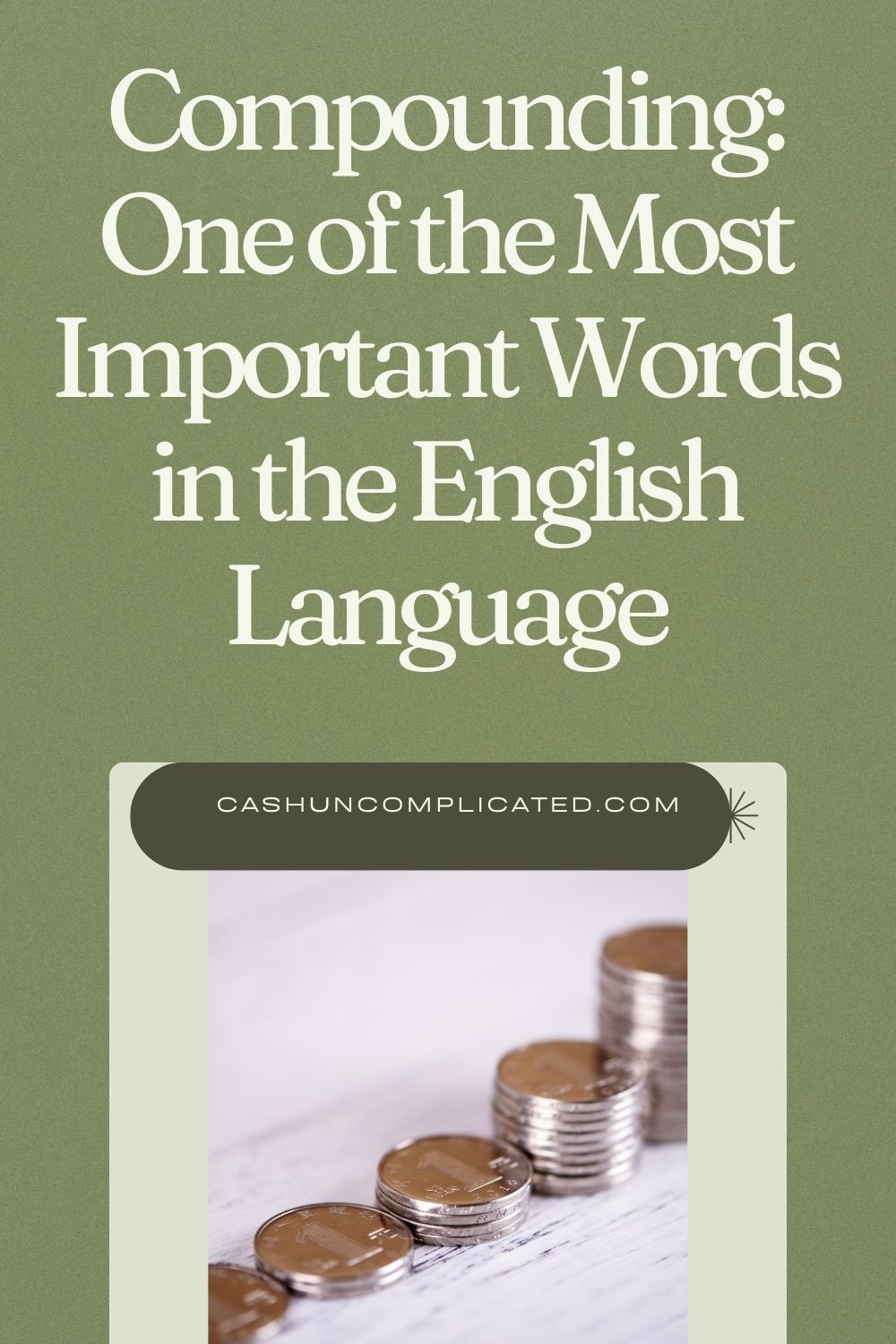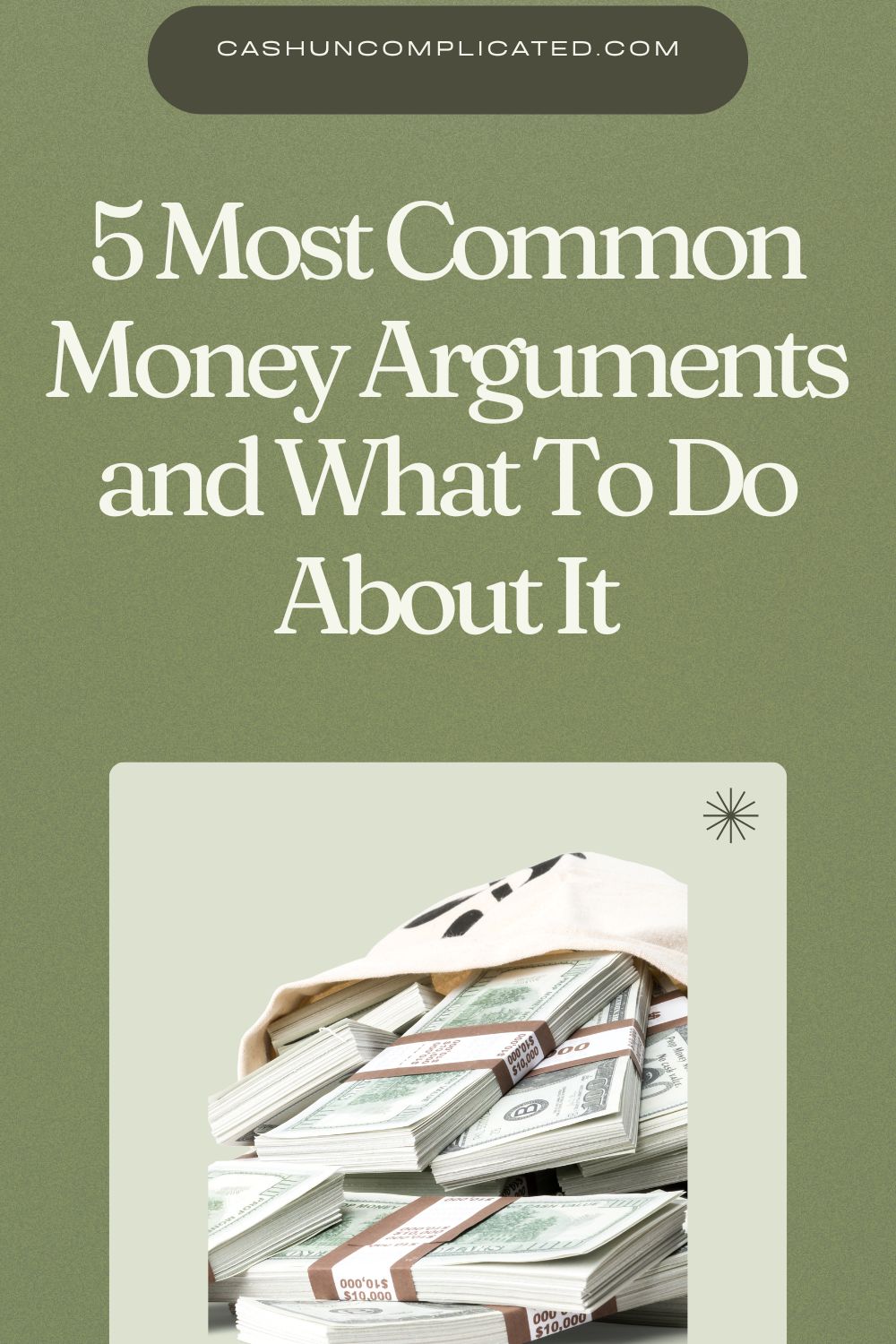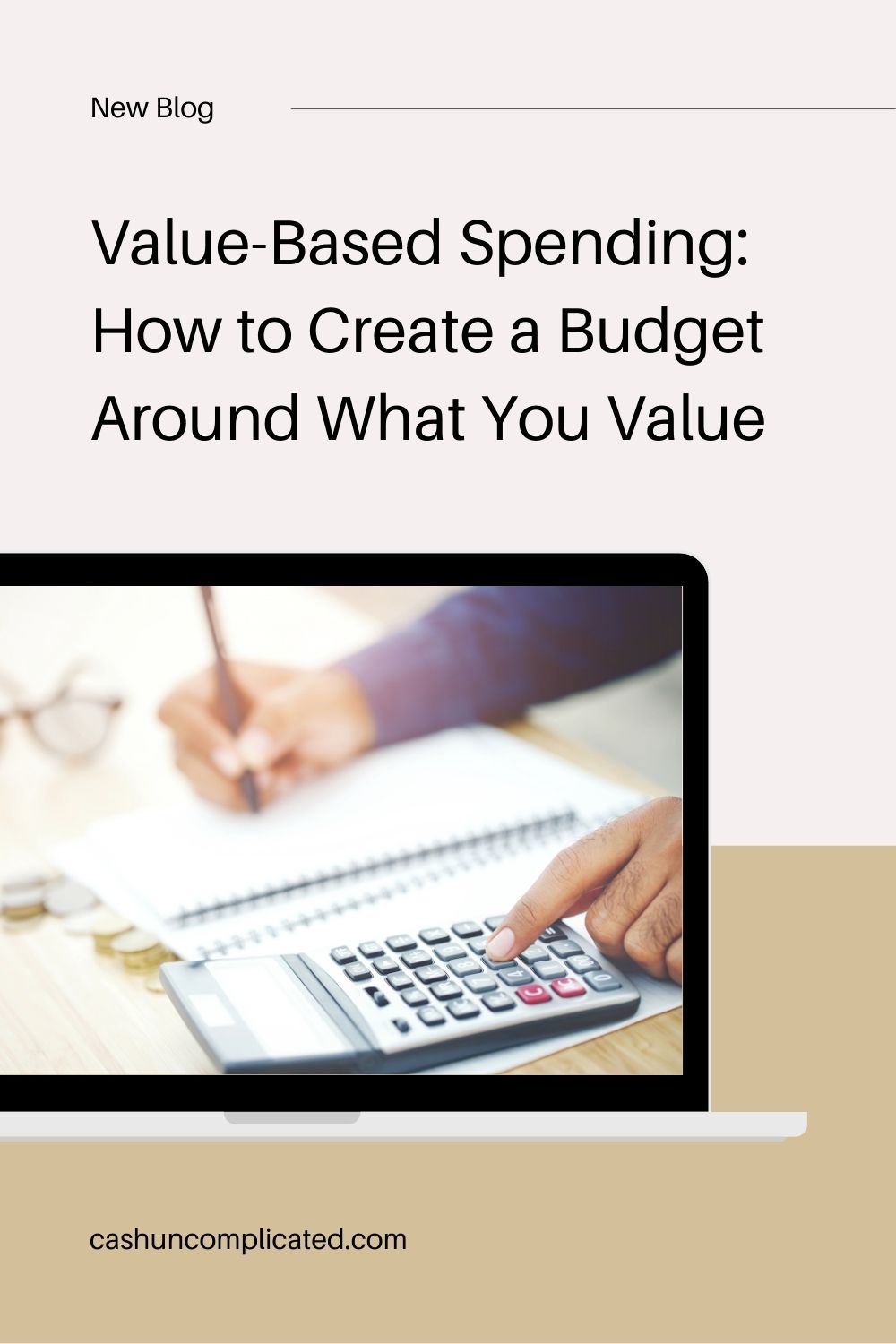We all know the obvious things money can buy. Food, shelter, transportation, consumer goods, among other things. But what about the less obvious? These are five not so obvious things money can buy.
1). More Money
That’s right, money can actually buy us more money. Sounds like a strange concept at first, but it’s true. This is actually what investing is. Broken down, investing is using money we currently have to create more future money.
Taken directly from a previous blog entry about investing, think of it like this. Imagine if someone trustworthy walked up to you today and told you that if you gave them one hundred dollars right now, they would come back to you in ten years and give you $259. They would come straight to your door and give you the whole amount in cash. You wouldn’t even need to go anywhere to get the money. Would you do it?
What I just described is investing. $100 compounded at a 10 percent rate of return over 10 years is $259. You literally purchased money. The only catch is that you had to wait 10 years to get the money. And if you wait additional years, it only gets better.
$100 compounded at a 10 percent rate of return over 20 years nets you $673. That same $100 compounded over 30 years at a 10 percent rate of return will give you $1,745. Wait 35 years and you’ve got $2,810.
Using much larger numbers, invest $100,000 and in 30 years you’ll have $1,744,940 using the same 10 percent rate of return. Invest for 35 years and you’ll have $2,810,244. That’s truly life changing money. It’s very powerful to know you have the ability to purchase over 2.7 million dollars!
Invest $500 per month for 25 years at a ten percent rate of return and you’ll have $649,091. Change 25 years to 30 years and you’ll have $1,085,661. Or using different numbers and rates of return: invest $600 per month at a nine percent rate of return and you’ll have $664,733 in 25 years. In 30 years that turns into $1,069,742.
No matter what your numbers are, you can literally purchase money by investing. It really does work. The more you can optimize by contributing more, investing a longer amount of time, and maximizing rate of return, the better.
2). Feeling of Financial Security
This one can be hard to quantify, and it’s going to look different for everyone. Money isn’t just paper or numbers in a bank statement. For most people, money brings a feeling of security. It’s important to know we’ve got enough currency to provide for ourselves and our families.
The word “enough” is what is going to look different for people. For some people, “enough” is a couple thousand dollars per month of consistent income. For others, “enough” might mean a 10 million dollar net worth. It may sound delusional for some to hear that high of a number, but we are talking about a “feeling” here. Feelings don’t always follow the most rational path or logic.
Determine what your number is to feel financially secure. Run some numbers and take some time to go through the process. You may discover it’s less than what you originally thought. Or you may learn that your number is a little higher than you first thought.
3). Time
Taken directly from a previous post, Can It Really Be Good For Spending to Increase, it’s possible to buy time. Tasks such as cooking, cleaning, yard work, and laundry all take time. Those are also all things we can hire out. By “hire out”, I don’t mean that we do nothing around the house, or hire a live-in housekeeper.
What I mean is that we can hire out the things that cost us the most time. For example, if you’ve got a large yard with grass to cut, bushes to trim, and leaves to pick up, it might be worth hiring out. Completing the yard work might take two to four hours per week.
Paying a gardener to come every week could conceivably save you well over eight hours per month. That’s extra time you can spend with the kids, participate in a hobby, go out for the day with the family, or whatever you want to do.
If it would benefit you financially, you can also work extra to make up the money being paid to the gardener. Here’s my logic: if a gardener costs $40 per week, that’s $160 for the month. Hiring the gardener saves you a minimum of eight hours per month, which comes out to $20 per hour ($160/8).
If you can work extra in your job and make more than $20 per hour, it’s highly worth considering hiring out the work. This formula works whether you are in a regular W2 job, in sales, or own your own company. Calculate your hourly wage and use that amount to determine your hourly worth.
You may discover that you’re able to trade a couple hours of work at your job for eight hours of yard work. Trading eight hours of yardwork for two to three hours of work at your job is a net gain of five to six hours. That’s a trade I would make. For further reading, there’s a whole chapter dedicated to highest and best use of time in my book Cash Uncomplicated.
Much like the yardwork example, go through your tasks and determine if it’s worth it to buy time by hiring it out. If cooking takes you a half hour per night and you get to hang out with the family, involve your kids, and you enjoy it, that’s probably not something you’ll want to hire out.
But if deep cleaning the house is something you really don’t like doing and it costs you a lot of time, you might want to hire that out.
4). More Life Choices
It may not be fair, but money can buy you more life choices. Choices in all areas of life—the fun stuff like vacations and weekend trips, and the not so fun stuff like healthcare choices. The more positive choices we can create for ourselves up to a certain point, the smoother our lives have the potential to be.
Think about something as simple as diet. Good healthy food can get expensive. And many people make food choices based on cost. It’s much less expensive to order fast food than it is to buy a meal with high quality healthy ingredients. Of course there are exceptions to every rule, but I’m talking in general.
Let’s circle back to healthcare. Someone with money has their pick of the best doctors and hospitals while someone living paycheck to paycheck has more limited choices due to cost. I’m not passing judgement or saying this is even fair, but it’s the current reality for millions of Americans.
Taking on a lighter topic than healthcare, look online at vacation destinations. It’s a lot more expensive to go on an international trip than a local camping excursion. I love camping and there are times of the season I’d probably pick camping over an international trip anyway, but that’s not the point. It’s nice to have choices and options without cost being the dominant factor. Money can buy those choices, and the ability to go almost anywhere you want to go.
For the last example, look at charitable contributions. There are two ways to make charitable donations. The first is with your time, the second is with your money. Anyone in good health can donate their time, it’s just about prioritizing that time. Not anyone can donate their money though. You need to have money to be able to donate it.
If someone is living paycheck to paycheck, they are not going to have much money, if any, to give. Someone with money has the choice to donate their time, money, or both. That doesn’t mean that they have to, they just have the choice.
5). The Ability to Not Have to Work for Money
The ability to not have to work for money any longer—some call it retirement, others call it financial freedom or financial independence. Whatever you want to call it, it fits under the umbrella of no longer having to work for money.
There’s a point in time where everyone is going to either no longer want to work, or be unable to work. It’s important to prepare for that time. The length of that time will vary for different people. For some, they may want to retire early at age 35 and never work again. Others may want to work until they’re 90 years old.
Whatever age you decide to stop working, or if the choice is made for you due to health reasons, it’s nice to have the money to make that choice.
Summary
While it’s true that money can’t buy happiness, there are things money can buy to make your life a lot easier and more enjoyable. Money can also help you make other people’s lives more enjoyable with your generosity. The bottom line is that money gives you choices and options, allowing you to make decisions more heavily weighted towards your values and life goals.








